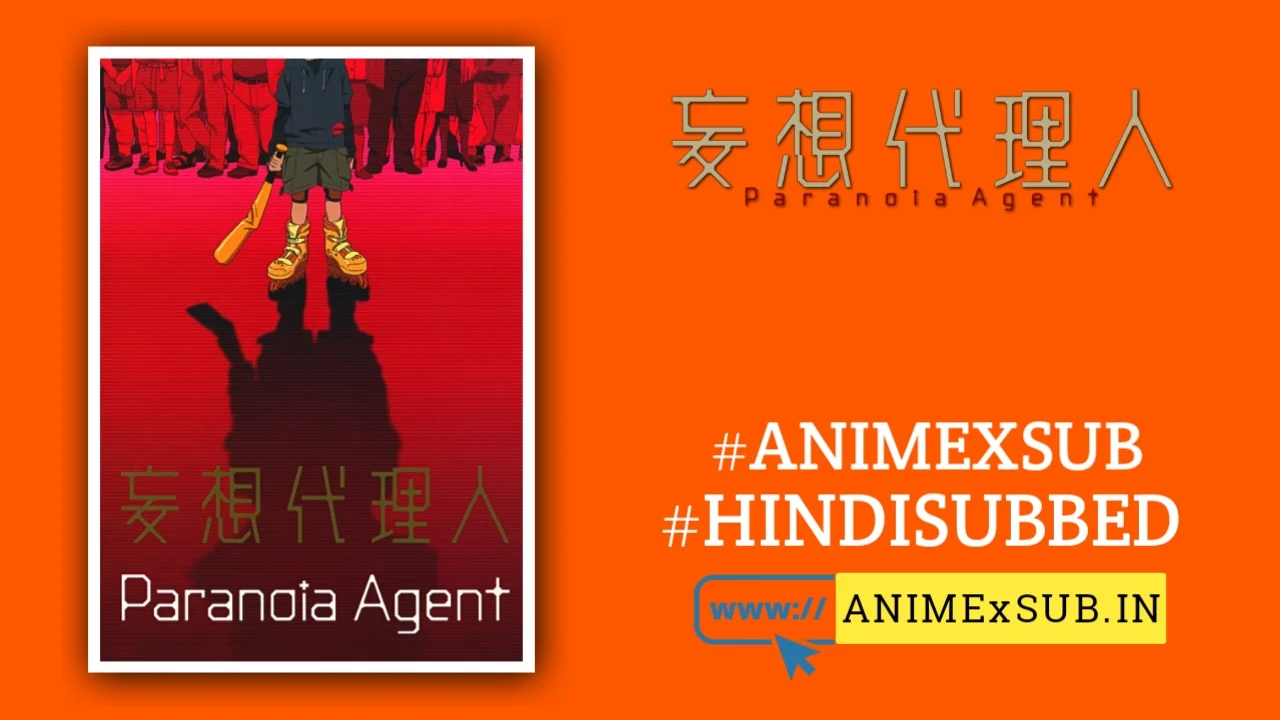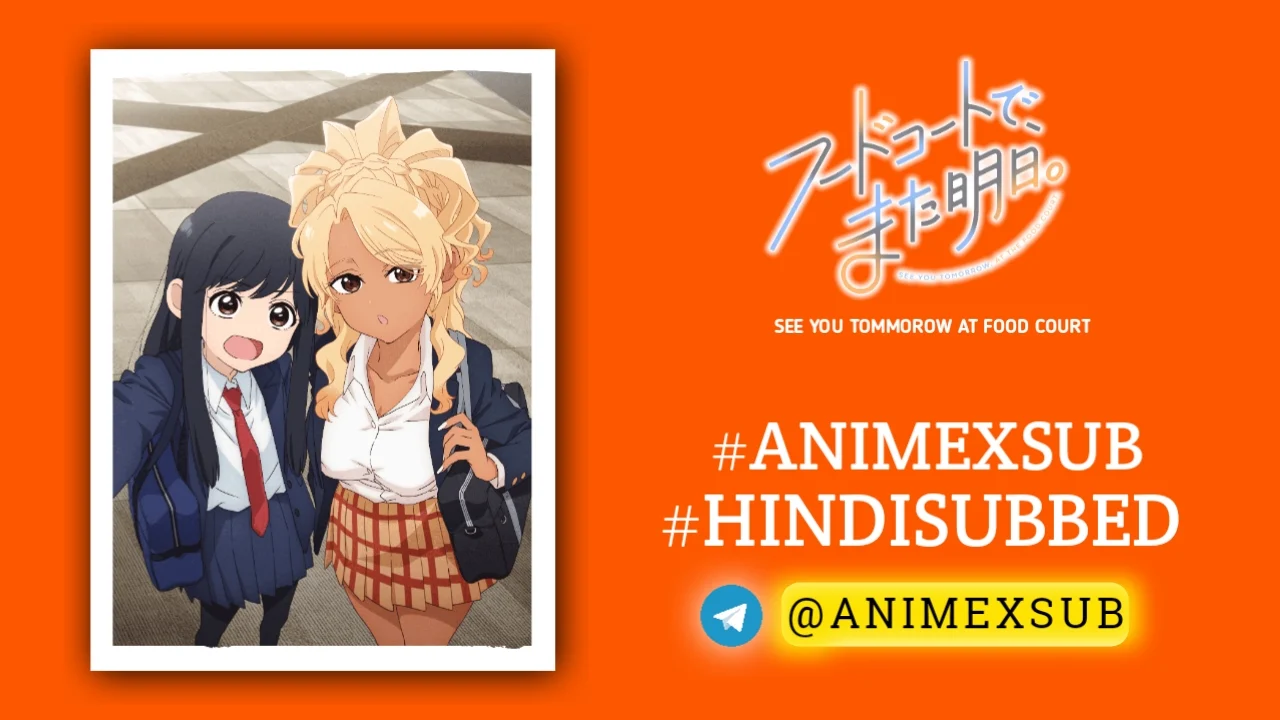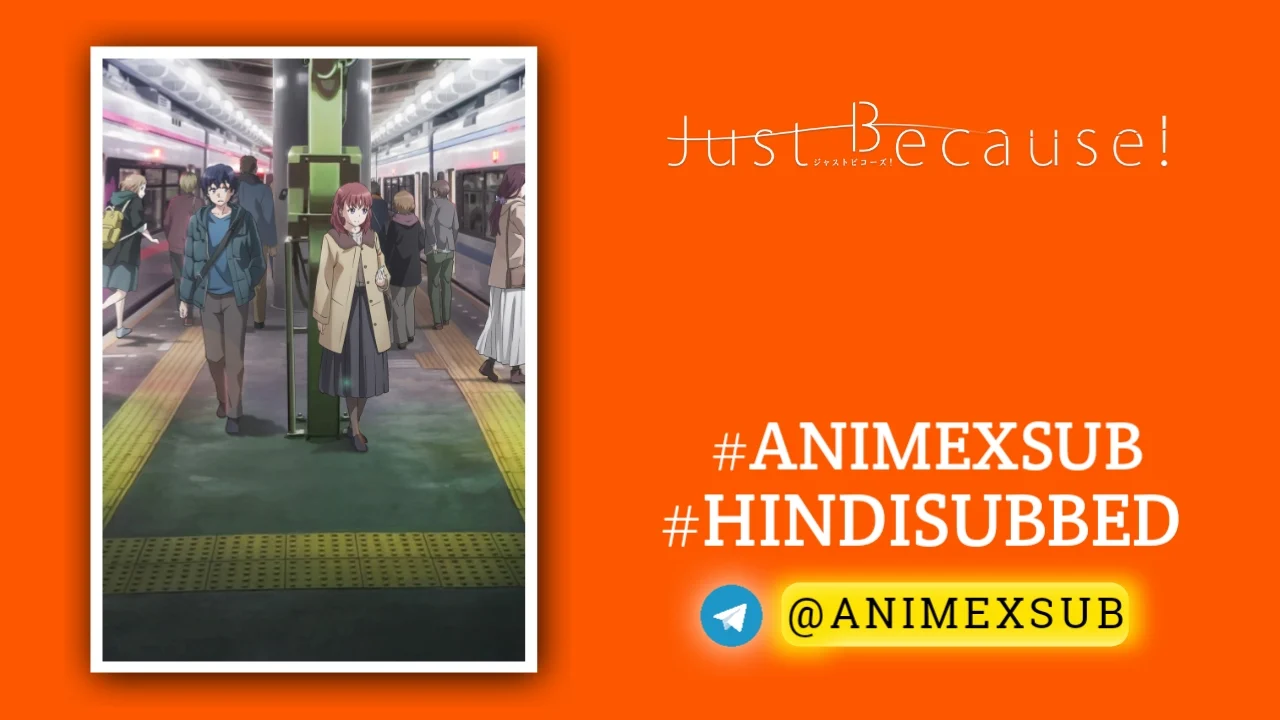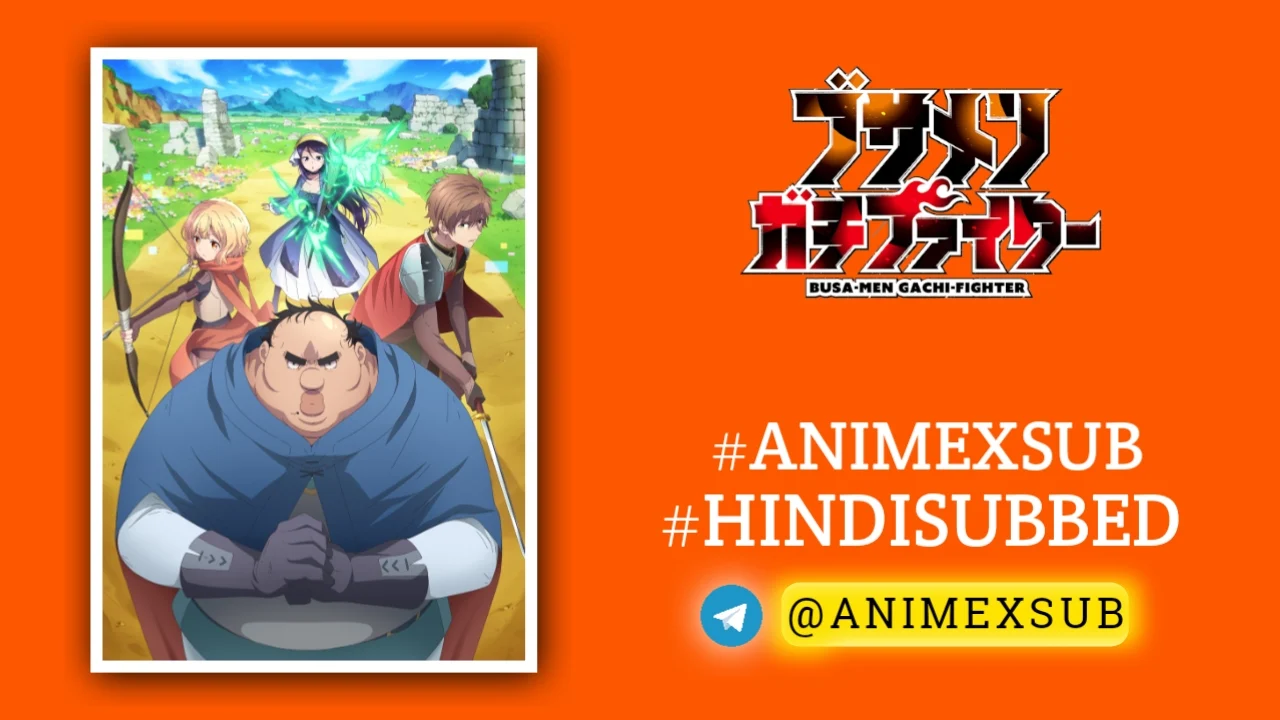
Solo Camping for Two Hindi Subbed [06/24] | Futari Solo Camp Hindi Sub!!

Futari Solo Camp
Solo Camping for TwoSynopsis
Gen Kinokura, 34 years old. A solitary camper who cherishes his alone time in nature, Gen enjoys his usual solo camping trips. However, he unexpectedly encounters Shizuku Kusano, a complete beginner in camping. Reluctantly, Gen ends up camping with Shizuku, despite it being the last thing he wanted to do. What will become of Gen’s peaceful camping life now that it’s turned upside down by this new companion? (Source: Pony Canyon)
Watch Trailer
Characters
Futari Solo Camp Season 1: A Grounded Ode to Nature and Human Connection
Futari Solo Camp (also known as Solo Camping for Two), a 2025 anime and live-action adaptation of Yudai Debata’s manga, is a refreshing take on the slice-of-life genre, blending the serene allure of camping with the complexities of human interaction. Season 1, spanning 24 episodes in the anime and 8 in the live-action drama, follows Gen Kinokura, a 34-year-old solo camping enthusiast, and Shizuku Kusano, a 20-year-old novice, as they navigate an unexpected partnership in the Japanese wilderness. This article dives into what makes the series unique, its strengths, its flaws, and its deeper insights, drawing from critical perspectives while avoiding promotional fluff.
A Unique Premise: The Paradox of “Solo Camping for Two”
At its core, Futari Solo Camp is built on a paradoxical concept: solo camping, an inherently solitary pursuit, becomes a shared experience. Gen, a reserved city-dweller who camps to escape urban chaos, cherishes solitude. His world is upended when Shizuku, an exuberant but unprepared camper, stumbles into his campsite after falling into a river. Their dynamic—grumpy veteran versus energetic rookie—sets the stage for a narrative that balances introspection with reluctant camaraderie. Unlike Yuru Camp, which focuses on group bonding, Futari Solo Camp explores the tension between solitude and connection, making it a distinct entry in the outdoor anime niche.
Strengths: Immersive Camping Details and Character Depth
The series excels in its detailed portrayal of camping. From selecting a tent (dome, half-dome, or A-frame) to choosing a sleeping bag rated for specific temperatures, the show educates without feeling like a lecture. For instance, Episode 1 highlights the importance of sleeping bags, explaining EN/ISO ratings and the role of sleeping pads for insulation—a practical tip for real-world campers. These technical details, grounded in Yudai Debata’s manga, are woven seamlessly into the narrative, making the series a love letter to outdoor enthusiasts.
Gen and Shizuku’s contrasting personalities drive the story. Gen’s stoic, methodical approach to camping reflects his need for control and peace, while Shizuku’s chaotic enthusiasm reveals her inexperience but also her openness to growth. Their interactions, though initially strained, evolve into a mentor-student dynamic with hints of mutual respect. The anime’s 24 episodes allow for gradual character development, while the live-action’s 8 episodes condense this into a tighter, more emotionally focused arc. The food, especially Shizuku’s dishes like beer can chicken and clam tomato risotto, adds a sensory layer, with vivid visuals that make you hungry.
Flaws: Tonal Inconsistencies and Problematic Moments
Despite its charm, Futari Solo Camp stumbles in execution. The anime’s pacing can feel sluggish, especially in early episodes, as it lingers on camping minutiae at the expense of narrative momentum. The live-action adaptation, while visually appealing, struggles with tonal inconsistency. Scenes shift abruptly from serene camping tutorials to exaggerated comedic moments, disrupting the flow. For example, Shizuku’s cooking segments, shot like YouTube tutorials, feel jarring in the live-action format, as if spliced from a different show.
A more significant issue is a controversial plot point in the manga and live-action: Shizuku’s use of a sexual assault allegation to persuade Gen to let her stay. This moment, played for laughs, is tone-deaf and uncomfortable, especially in 2025’s cultural context. While the anime softens this, it’s still a stain on an otherwise wholesome story, alienating viewers who expected a respectful narrative. Critics have noted this as a major misstep, with one calling it “emotional blackmail” that undermines Shizuku’s likability.
Unique Insights: Nature as a Mirror for Growth
What sets Futari Solo Camp apart is its subtle exploration of personal growth through nature. Gen’s camping ritual is a meditative escape from urban life, reflecting a broader cultural yearning for disconnection in a hyper-connected world. Shizuku, despite her flaws, represents curiosity and resilience, learning to respect nature’s challenges. Their evolving relationship mirrors the wilderness itself—unpredictable, sometimes uncomfortable, but ultimately rewarding. The series doesn’t romanticize camping; it acknowledges real dangers like insects (a nod to malaria and dengue risks) and the need for preparation, grounding its idealism in reality.
The anime’s visuals, while not as polished as Yuru Camp, capture Japan’s autumnal forests with warmth, and the live-action’s cinematography on Viki showcases real campgrounds, adding authenticity. The soundtrack, with Skirt’s “Akari wa Tooku” as the opening and Masayoshi Ooishi’s “Futari Camp” as the ending, complements the mood without overpowering it.
Critical Reception: A Polarized Response
Reviews are mixed but reveal the series’ polarizing nature. On MyAnimeList, the anime has a 6.52 rating, with some praising its cozy vibe and others decrying Shizuku’s intrusive personality. One reviewer lauded its “refreshingly simple” charm but felt the score was unfairly low, possibly due to Yuru Camp comparisons. Another called Shizuku a “red-haired goblin” who derails the solo camping premise, giving it a 1/10 for false advertising. The live-action fares slightly better at 7.0 on MyDramaList, appreciated for its camping tips but criticized for lacking a clear plot.
Why It Stands Out
Futari Solo Camp isn’t perfect, but its flaws don’t overshadow its unique perspective. It’s not just about camping; it’s about navigating boundaries, respecting nature, and finding balance between solitude and connection. Unlike other outdoor anime, it dares to explore adult themes—Gen’s introspective solitude, Shizuku’s naive ambition—without relying on fantasy or over-the-top drama. Its camping tips are practical, its characters flawed but human, and its message resonates: nature doesn’t solve your problems, but it teaches you to face them.
Final Thoughts
Season 1 of Futari Solo Camp is a bold, imperfect experiment. It’s best for fans of slice-of-life who don’t mind slow burns and can overlook tonal missteps. If you’re a camping enthusiast or crave a grounded story about unlikely partnerships, it’s worth a watch. Stream the anime on Crunchyroll or the live-action on Viki, but brace for Shizuku’s polarizing presence and a narrative that doesn’t always find its rhythm.
Rating: Anime: 7/10 | Live-Action: 6.5/10
For its heart, its camping insights, and its unique take on human connection, Futari Solo Camp is a flawed but memorable journey into the wild.1
Support Our Anime Community!
Love watching the latest anime? Help us keep uploading new episodes by join telegram channel ❤️
Join Now!









